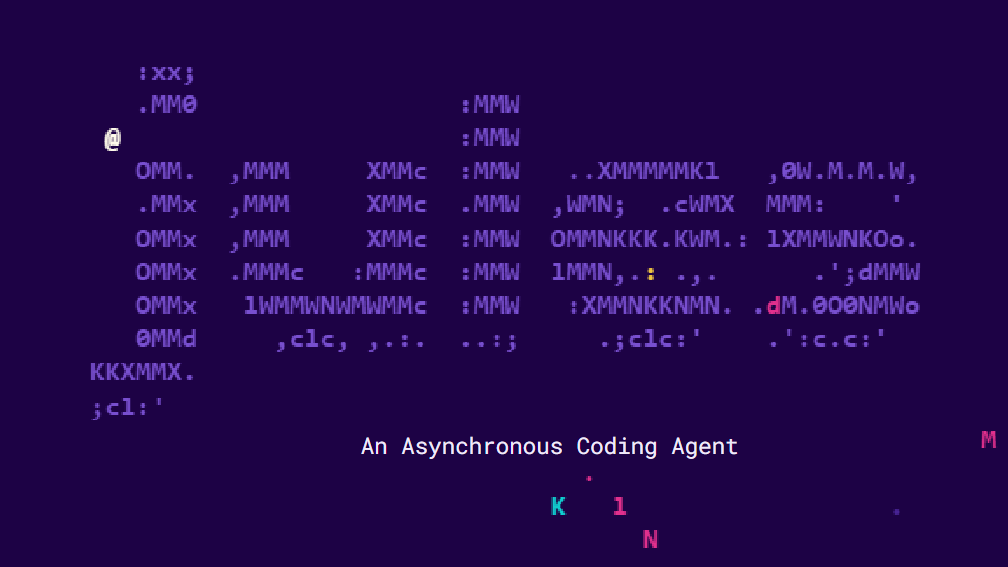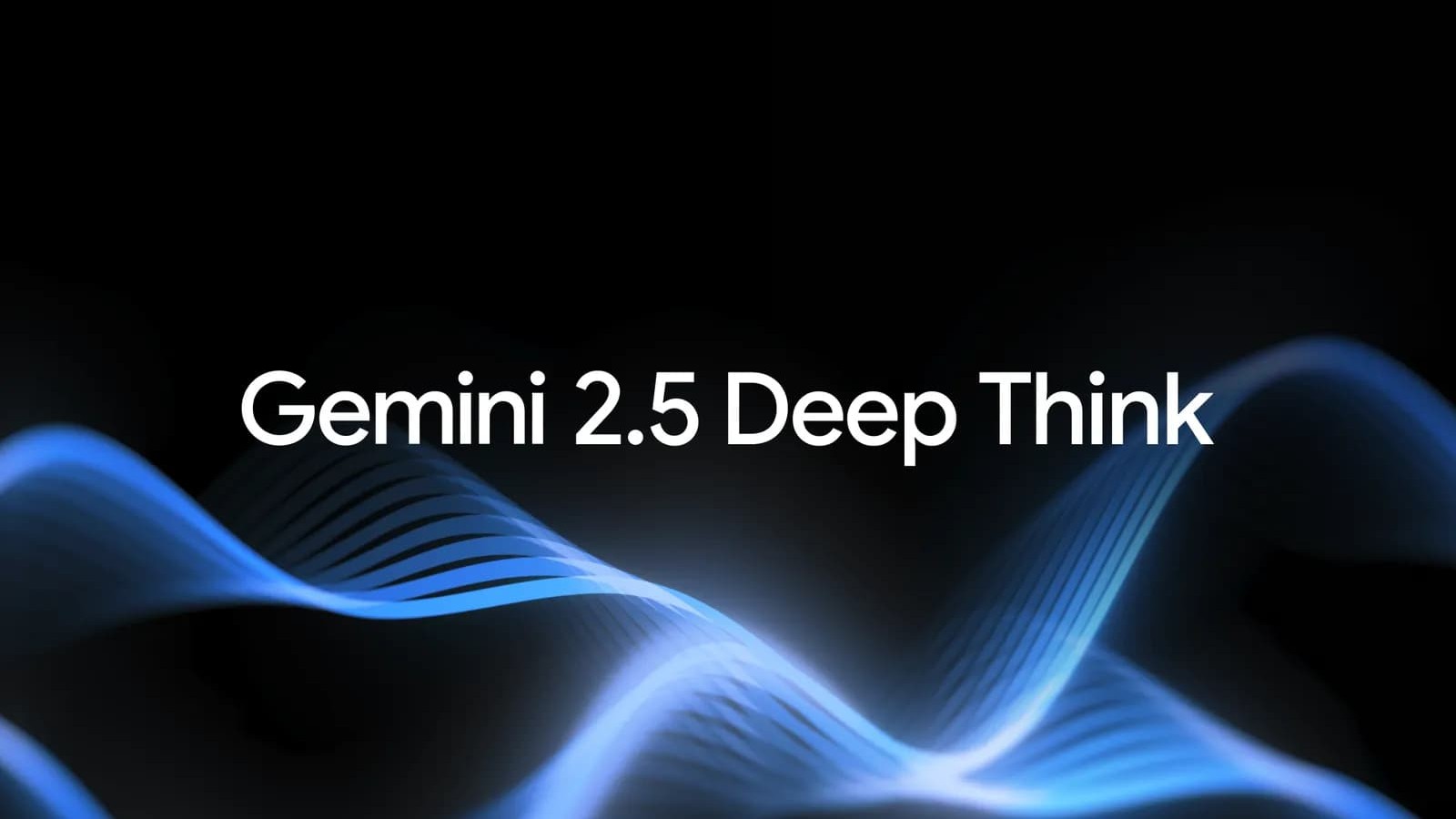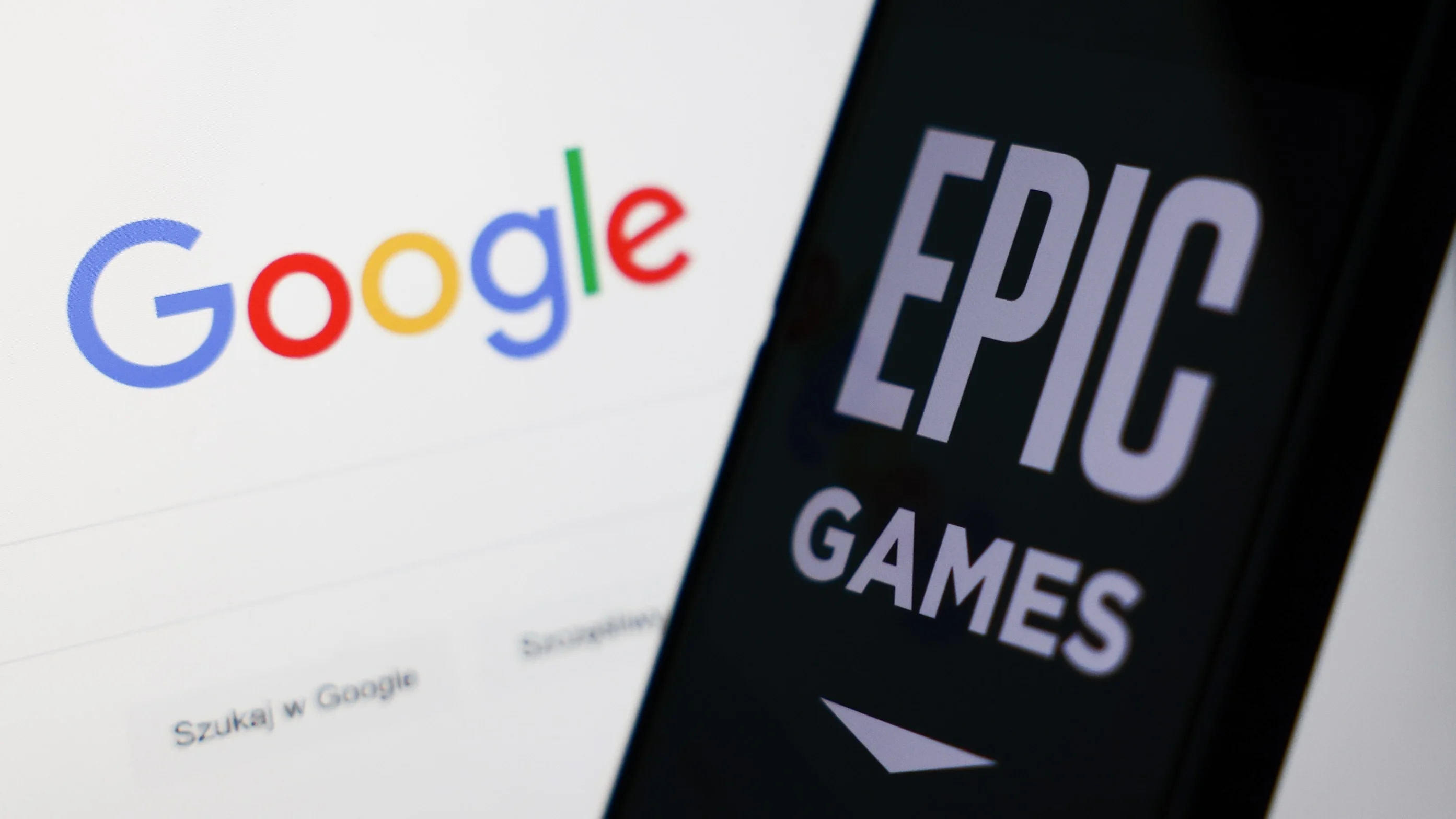Google has released its autonomous coding agent Jules for free public use, offering AI-powered code generation, debugging, and optimisation. Built on the Gemini 2.5 Pro model, the tool completed a successful beta phase before entering general availability with both free and paid plans.
Jules supports a range of users, from developers to non-technical staff, automating tasks like building features or integrating APIs. The free version allows 15 tasks per day, while the Pro tier significantly raises the limits, providing access to more powerful tools.
Beta testing began in May 2025 and saw Jules process hundreds of thousands of tasks. Its new interface now includes visual explanations and bug fixes, refining usability. Integrated with GitHub and Gemini CLI, Jules can suggest optimisations, write tests, and even provide audio summaries.
Google positions Jules as a step beyond traditional code assistants by enabling autonomy. However, former researchers warn that oversight remains essential to avoid misuse, especially in sensitive systems where AI errors could be costly.
While its free tier may appeal to startups and hobbyists, concerns over code originality and job displacement persist. Nonetheless, Jules could reshape development workflows and lower barriers to coding for a much broader user base.
Would you like to learn more about AI, tech, and digital diplomacy? If so, ask our Diplo chatbot!









